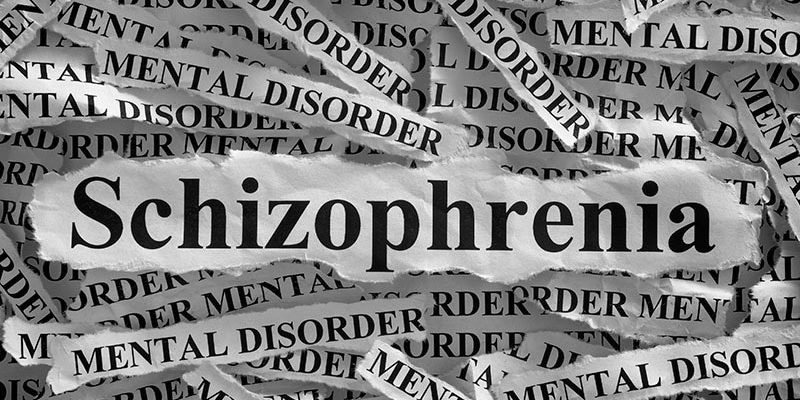Schizophrenia Still Linked to Early Mortality
TOPLINE:
Suicide is a main cause of death among people with schizophrenia, even years after diagnosis, and deaths from medical conditions and diseases also occur prematurely, results of a long-term study suggest. The results show “an urgent need for new efforts to improve the disparities in health that lead to this increased mortality,” the researchers conclude.
METHODOLOGY:
-
The life expectancy of patients with schizophrenia is 10-12 years less than in the general population, and as the mortality gap seems to be worsening, it’s important to learn more about the patterns behind it.
-
The analysis included 578 participants in the OPUS study, a randomized controlled trial of patients in Denmark with a first-time diagnosis of a schizophrenia spectrum disorder who were assessed after 2, 5, 10, and 20 years.
-
From linked databases, researchers collected clinical and sociodemographic data and information about time and cause of death and determined baseline predictors of mortality and predictors that remained significant during follow-up.
-
The primary outcome was death, which researchers divided into death due to external causes, and death from medical conditions and diseases; secondary outcomes were cause-specific mortality rates.
TAKEAWAY:
-
During 20 years of follow-up, 82 participants (14.2%) died, compared to a mortality rate of 4.4% in a matched group from a background population. Mortality rates were higher among men, those aged 40 or older at baseline, and people with substance abuse at the time of diagnosis.
-
About half the deaths were due to external causes, and half were from medical conditions and diseases. The most common external cause was suicide, which accounted for 27.5% of the total number of deaths. The most common medical causes were cardiovascular disease and cancer, both representing 8.3% of the total.
-
At baseline, employment (hazard ratio [HR], 0.47; 95% CI, 0.22 – 0.1; P = .049), psychotic disorders other than schizophrenia (HR, 0.36; 95% CI, 0.15 – 0.83; P = .017), and longer duration of untreated psychosis (HR, 0.57, 95% CI, 0.33 – 0.98; P = .042) predicted lower mortality, while substance use predicted higher mortality (HR, 2.56; 95% CI, 1.50 – 4.36; P < .001).
-
As for predictors of mortality later in the illness, symptom remission without use of antipsychotic medication was associated with a significantly decreased risk for mortality (HR, 0.08; 95% CI, 0.1 – 0.6; P = .013), as was being in recovery (HR, 0.21; 95% CI, 0.05 – 0.84; P = .028), whereas substance use (HR, 3.64; 95% CI, 2.36 – 5.61; P < .001), cancer (HR, 6.31; 95% CI, 3.12 – 12.77), cardiovascular disease (HR, 2.25; 95% CI, 1.36 – 3.71; P = .002), and pulmonary disease (HR, 2.15; 95% CI, 1.36 – 3.42; P = .001) predicted increased mortality.
IN PRACTICE:
That the rate of death due to suicide remained steady over time underlines the continuous need for suicide-preventive measures for people with schizophrenia, said the authors, adding more regular screening for suicide risk in aging patients with schizophrenia could help prevent some later suicides.
SOURCE:
The study was conducted by Marie Stefanie Kejser Starzer, Copenhagen Research Center for Mental Health, Copenhagen University Hospital and the Department of Clinical Medicine, University of Copenhagen, Denmark, and colleagues. It was published online August 1, 2023, in the Schizophrenia Bulletin in the Journal of Psychoses and Related Disorders.
LIMITATIONS:
Although the cohort was large and follow-up lengthy, the number of deaths is still small. It’s possible that those who were lost to follow-up represent a group with an increased risk of morality. The cohort was obtained from a clinical trial, and participants in this trial might not represent all patients with a first schizophrenia spectrum diagnosis. As all patients in Denmark have access to free, well-resourced healthcare, the findings are not representative of all patients.
DISCLOSURES:
The study was supported by the Tryg Foundation, the Lundbeck Foundation, and Helsefonden. The authors had no competing interests.
For more Medscape Psychiatry news, join us on Facebook and Twitter.
Source: Read Full Article
